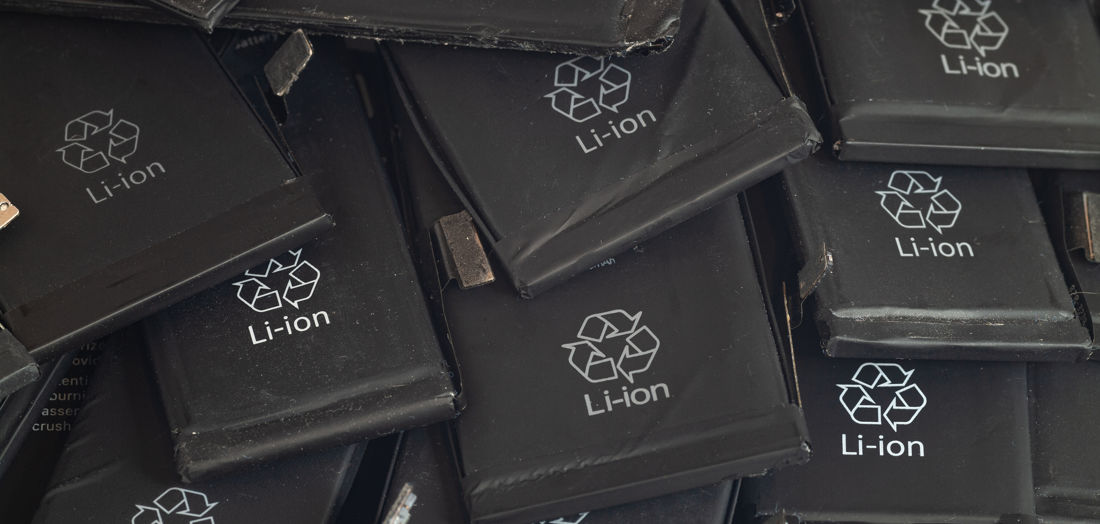$8m to recycle lithium-ion batteries
06 Oct 2023 - Investment activity

Early-stage venture capital firm Investible has led an $8 million investment round in a company that has developed a new technology to recycle lithium-ion batteries.
Renewable Metals plans to develop a pilot plant in Perth to prove its alkaline leaching process. The company says the process uses less chemicals and generates less waste to recover more critical battery materials than processes used by other recyclers. Renewable Metals claims its process is also up to 30% cheaper. The process can recover lithium, nickel, cobalt, copper and manganese and can potentially be used to reprocess additional types of batteries including lithium ferro phosphate (LFP) batteries which make up a growing proportion of batteries used in electric vehicles and are currently too expensive to recycle through established technologies.
Some highly valuable battery materials can be recycled indefinitely, reprocessed and reused, reducing reliance on mining for new resources. In 2021, however, only 10% of Australia’s lithium-ion battery waste was recycled, compared to 99% of lead battery waste.
Renewable Metals chief executive Luan Atkinson said: “To decarbonise quickly, the world needs cost-effective recycling solutions that maximise recovery for all types of batteries – not just higher value ones with nickel and cobalt.”
Investible has invested in Renewable Metals through its Climate Tech Fund. Other investors in the round are federal government-funded green bank Clean Energy Finance Corporation (CEFC), investing from its $200 million Clean Energy Innovation Fund, and US-based venture capital investor the Grantham Foundation for the Protection of the Environment.
The CEFC’s $2.5 million investment in Renewable Metals is managed by its spin-off venture fund manager Virescent Ventures.
Renewable Metals said that in addition to developing a pilot plant, the funding will enable it to bring forward the construction of a larger scale demonstration plant capable of processing up to 1,500 tonnes of battery waste annually.
Investible investment manager Ben Lindsay said Renewable Metals was contributing a vital component to transport electrification in Australia.
“The company’s proprietary closed loop system is reducing the initial carbon footprint of EVs while helping address a bottleneck and major anti-electric vehicle argument, with less harsh chemicals and by-products, at a lower cost,” Lindsay said.
Virescent Ventures partner Blair Pritchard said: “There is a growing global need for effective waste management strategies as demand for lithium-ion batteries rises, driven by the increasing electrification of transport and the renewable energy generation storage sector.
“Battery recycling that extracts valuable metals and materials is an important part of building Australia’s circular economy as demand for batteries grows. By developing end-of-life battery systems, Australia can participate across the battery value chain, from critical minerals extraction, refining, processing operation and maintenance and the eventual repurposing and recycling of batteries and components.”
The CEFC established Virescent Ventures early last year as an independent investment management firm to attract additional investors to the Australian climate technology sector. In addition to managing the CEFC’s Clean Energy Innovation Fund commitments, Virescent is seeking to raise a $200 million new fund from private sector investors.
Renewable Metals is the 28th company in which the CECF Clean Energy Innovation Fund has invested.
Image: Lithium-ion battery waste; only 10% was recycled in Australia in 2021.

